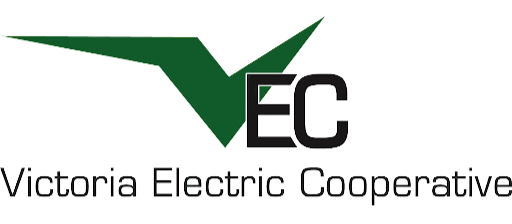Meet Your Local Cooperative
Victoria Electric Cooperative was founded during challenging times. More than 80 years ago a group of devoted farmers joined forces to find an affordable solution to bring light to darker times. On May 11, 1935, President Roosevelt signed executive order 7037 establishing the Rural Electrification Administration (REA). This opened the door for rural dwellers to form their own electric system based on a philosophy of “service rather than profit.”
The first meeting of Victoria Electric Cooperative was held on December 17, 1938, at the Victoria County Courthouse. The by-laws were then adopted and one of the first orders of business was to work to resolve the problem of building power lines across the countryside. In efforts to make the Coop as successful as possible, the board members personally went out and solicited membership house-by-house ensuring that everyone who wanted electricity would be offered the opportunity. Decades later those grassroots have grown to over 15,000 members with nearly 3,000 miles of line mapped across six counties serving homes, businesses, and farms. What was once deemed a luxury is now a necessity that powers communities and empowers economic growth and development.
Our Mission
To exceed the expectations of those we serve by delivering essential services that are safe, reliable and affordable with a commitment to preserving our legacy, dedicated to empowering our members, our team and our community, the cooperative way.
Core Values
.gif)
Our Principles
Voluntary and Open Membership: Cooperatives are voluntary organizations, open to all persons able to use their services and willing to accept the responsibilities of membership, without gender, social, racial, political or religious discrimination.
Democratic Member Control: Cooperatives are democratic organizations controlled by their members, who actively participate in setting policies and making decisions. The elected board of directors is accountable to the membership.
Members' Economic Participation: Members contribute equitably to, and democratically control, the capital of their cooperative. At least part of that capital is usually the common property of the cooperative. Members allocate surpluses for any or all of the following purposes: developing the cooperative; distributing capital credits according to the co-ops' individual formulas, and supporting other activities approved by the members.
Autonomy and Independence: Cooperatives are autonomous, self-help organizations controlled by their members. If they enter into agreements with other organizations, including governments, or raise capital from external sources, they do so on terms that ensure democratic control by their members and maintain their cooperative autonomy.
Education, Training, and Information: Cooperatives provide education and training for their members, elected representatives, managers, and employees so they can contribute effectively to the development of their cooperatives. They inform the general public, particularly young people and opinion leaders, about the nature and benefits of cooperation.
Cooperation Among Cooperatives: Cooperatives serve their members most effectively and strengthen the cooperative movement by working together through local, national, regional, and international structures.
Concern for Community: While focusing on member needs, cooperatives work for the sustainable development of their communities through policies and activities accepted by their members.

